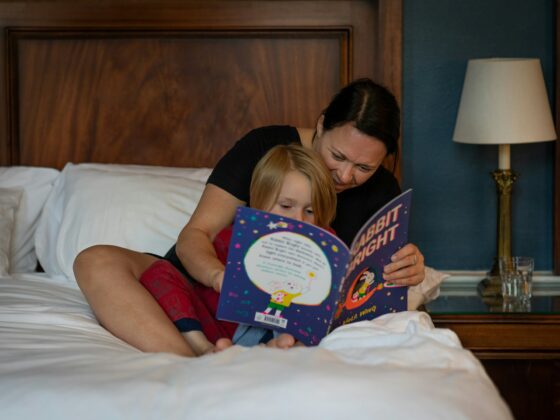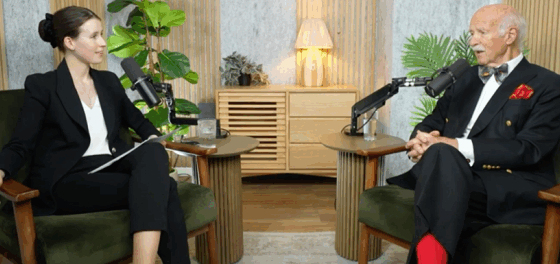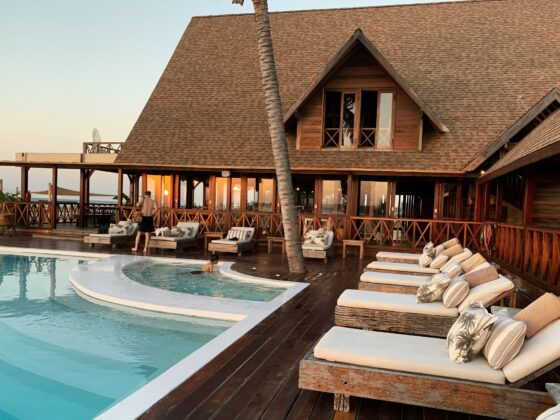
What hotel trends did we see in 2023?
From a business perspective, probably the most important point to note about 2023 is that it saw the lifting of the last major Covid-related restrictions on travel, spurring a release of pent-up demand. We saw this primarily in the leisure market (business travel has been slower to recover), and it was especially noteworthy in the luxury and the budget segments.
Consensus across the industry is that this bounce back spending has now largely run out of steam, although bookings have remained strong in 2024 and accelerating rates have led consultants CBRE to predict record RevPAR (revenue per available room) levels for 2024, well above pre-pandemic levels.
Another hotel industry trend that was already apparent, but was definitely accelerated by Covid, is the rise in so-called ‘bleisure’ stays – i.e. blending business and leisure. The pandemic lockdowns generated an unprecedented surge in remote working, with many firms having maintained a higher degree of flexibility in working practices ever since. To cater for these potential guests looking for a bleisure stay, hotels are offering amenities like ultra-high-speed Wi-Fi, upgraded meeting rooms, and comfortable (co)working spaces.
One of the very few positives that could be drawn from the ‘Covid years’ is that many of us became more conscious of issues around health & wellbeing. From a hospitality perspective, this is translating into a greater integration of the health & wellbeing into
hospitality venues, spurring hotels to invest in amenities such as spa facilities, health diagnostic technology, and bespoke treatment plans focusing on stress management, emotional balance, and better sleep.
ESG (Environmental, Social and Governance) and sustainability are not just trends to look back on in 2023, they are major factors in the industry’s thinking for 2024 and beyond.
The last important trend from 2023 I want to mention is another ongoing one, and that is the movement towards hyper-personalization in the hospitality industry. Hotels are increasingly using big data to create personalized guest experiences, drawing on past browsing or buying habits, as well as known preferences, to create bespoke offers and services.








